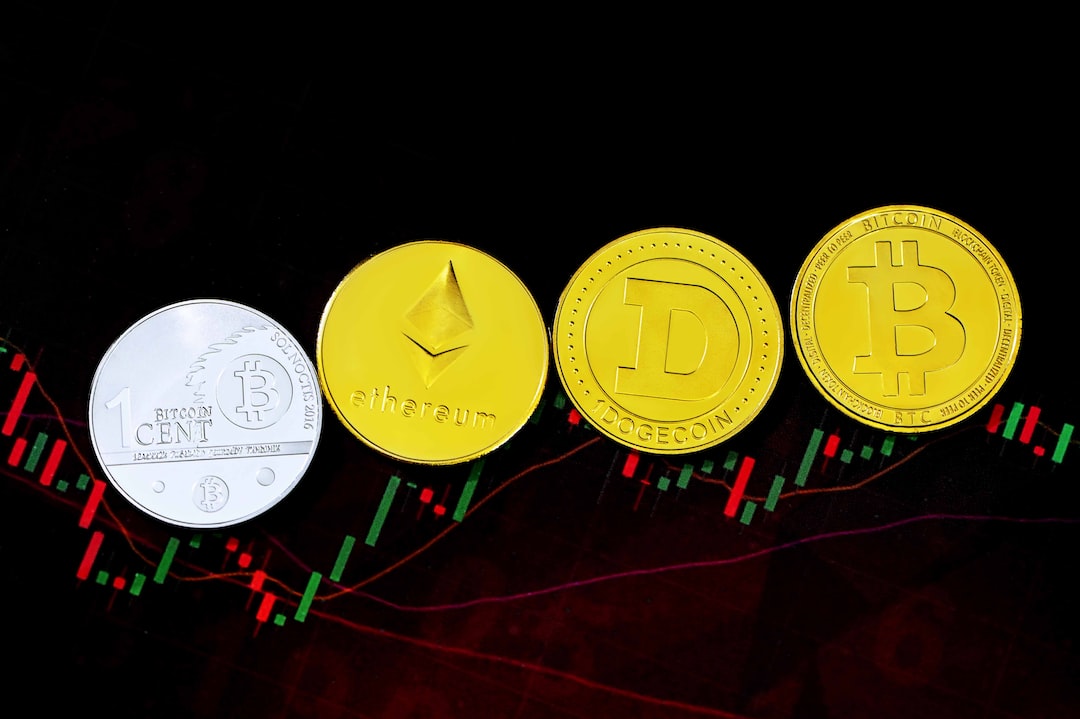BloXroute Implements Transaction Censorship
BloXroute, a blockchain infrastructure company focused on DeFi tools, has announced that it will reject transactions containing addresses listed under U.S. sanctions. This move is intended to have no effect other than reducing the company’s win-rate.
Ethereum’s Characteristics Remain Unaffected
BloXroute assures that this implementation of transaction censorship will not impact Ethereum’s fundamental characteristics of being decentralized, permissionless, and anti-fragile. The company believes that despite its networking technology, Ethereum’s global distribution makes it resilient against any single entity’s influence.
Criticism from the Crypto Community
The announcement has received criticism from the crypto community. Some commentators question whether this decision is a result of self-censorship or external pressure from regulatory authorities. Others argue that bloXroute cannot claim to support Ethereum while also maintaining compliance.
Concerns Over Mining and Regulatory Rules
Nikita Zhavoronkov, lead developer of Blockchair, sees bloXroute’s announcement as part of a broader trend. If more validators adopt this approach, it could lead to a “51% attack” on Bitcoin and Ethereum. Additionally, as institutional involvement in crypto increases, mining pools may align more closely with regulatory rules.
Potential Challenges and Precedent
BloXroute’s decision sets a concerning precedent for the industry, raising questions about censorship at the protocol level. CEO Lachlan Feeney of Labry expresses concern over the enforcement of sanctions by different countries and its impact on Ethereum’s global infrastructure.
Hot Take: BloXroute Sparks Censorship Debate
BloXroute’s implementation of transaction censorship has ignited a debate about the role of censorship in the crypto industry. While some argue that it is necessary for compliance, others believe that censorship should be avoided at the protocol level. The move raises concerns about the potential impact on Ethereum’s decentralized nature and the challenges of aligning with diverse regulatory regimes worldwide.




 By
By
 By
By
 By
By

 By
By
 By
By